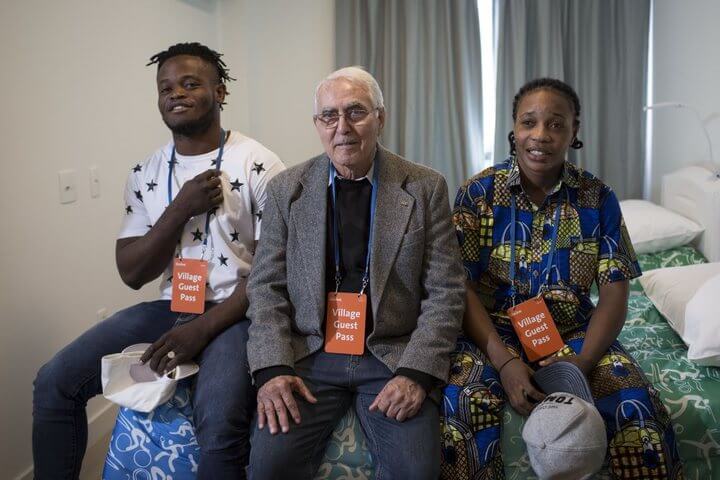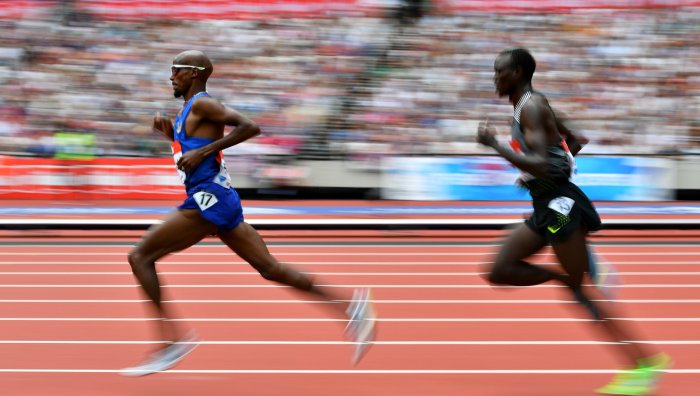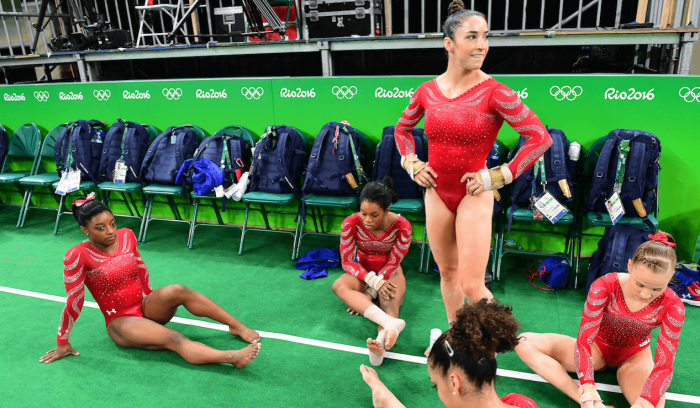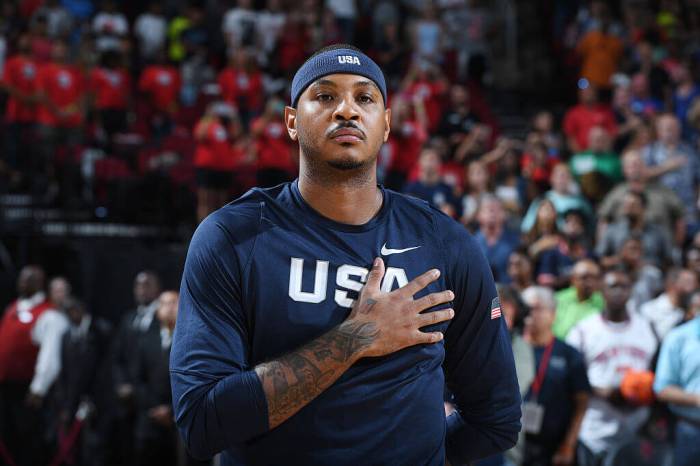For the first time in Olympic history, a team of refugees from different countries will be allowed to compete in the Rio de Janeiro Olympics. In total, 10 athletes (six male, four female), selected by the International Olympic Committee (IOC), will be going for gold this summer, including two Congolese judokas living in Brazil. “I had difficulties in my country. It was very bad during the war; I ended up losing my family. And now it’s amazing to have this great opportunity,” said Popole Misenga, 24, who along with his Congolese compatriot Yolande Mabika, 28, was selected for the team of refugees. RELATED:Body parts wash ashore next to Rio Olympic venue Their journey to reach the Olympics has been by no means easy. Both athletes were previously members of the Democratic Republic of Congo’s national judo federation. They claim that training was severe and failure to win medals could result in stints in a prison cell. In 2013, the duo traveled to Brazil to compete in the World Judo Championships in Rio de Janeiro. They allege that officials took away their passports, left them with no money and no food for three days prior to the competition. That’s when Mabika decided to flee. Misenga was reluctant, but later decided to follow suit. They requested asylum in Brazil to escape the chaos caused by the civil war, which has caused the deaths of several million since the mid-nineties, to pursue their dream of becoming top athletes. At first, they both struggled in Brazil, with Mabika forced to sleep on the streets. Desperate, she asked fellow homeless Africans for help, eventually finding an Angolan who led her to the Caritas Institution, which provides assistance for foreigners. Today, the athletes train at the Institute Reação, in Rio and receive help from the Estacio de Sa University, where they study Portuguese, so that they can enter the labor market when they stop competing. RELATED:Top China golfer Feng not to allow Zika fears ruin Rio dream “Starting training again helped me to fulfill the dream of competing in the Olympics. This will be the adventure of my life. When I am on the mat, my sadness leaves me. Today I am happy,” Misenga said. “If you practice a sport, you never stop practicing and never give up. Even if you’re not in your country, or are a refugee, you have to keep trying. In sport, everyone is equal.”
Refugee team is going for gold at the Rio Olympics

Provided
















